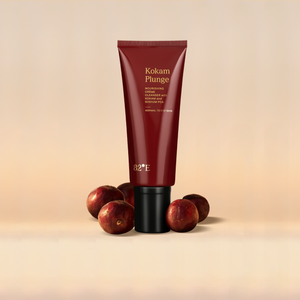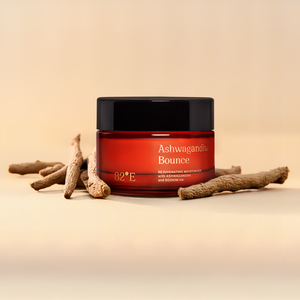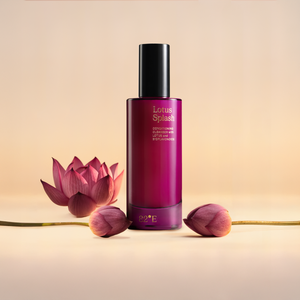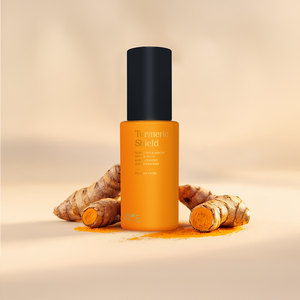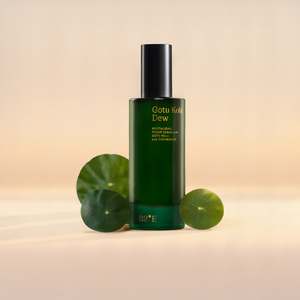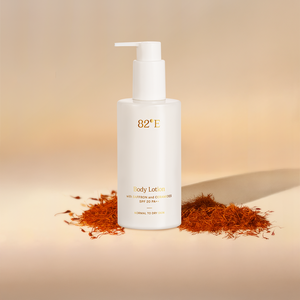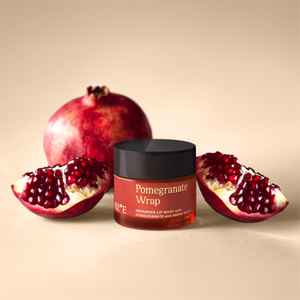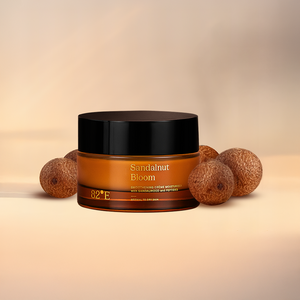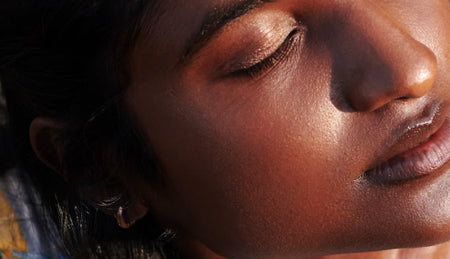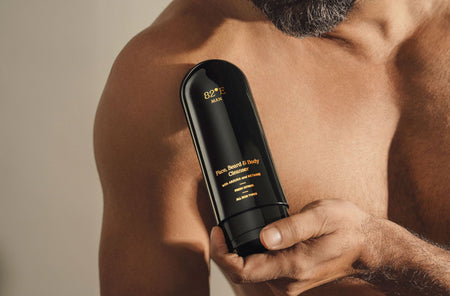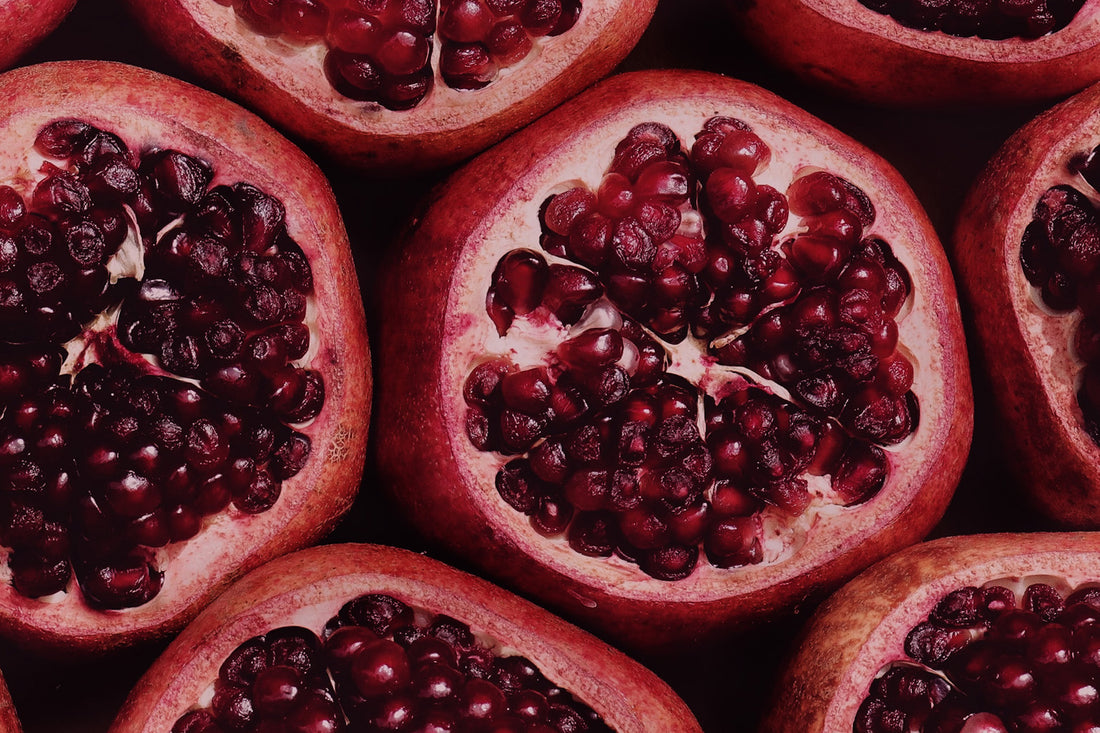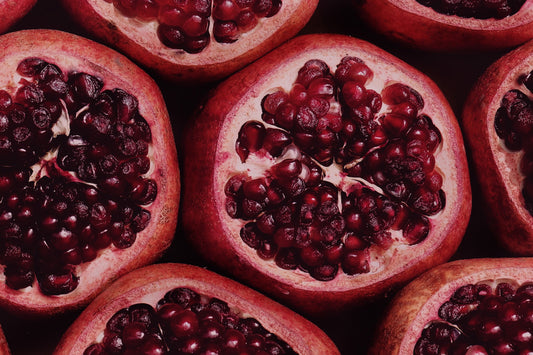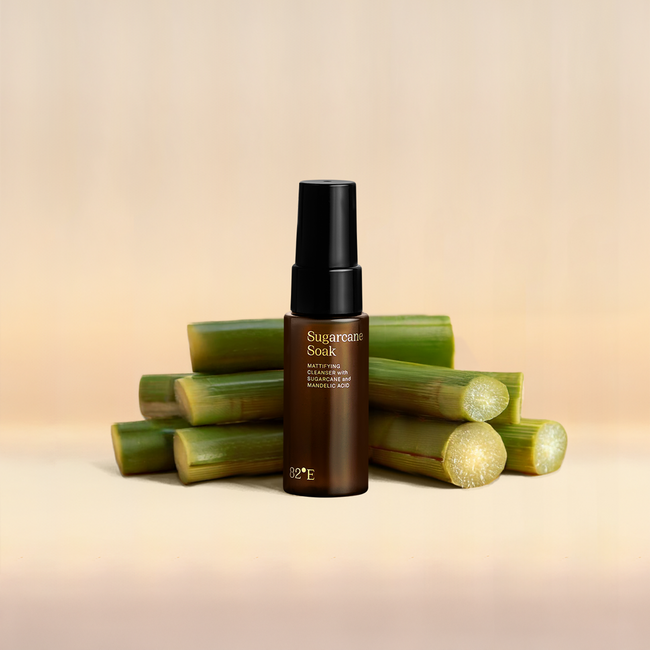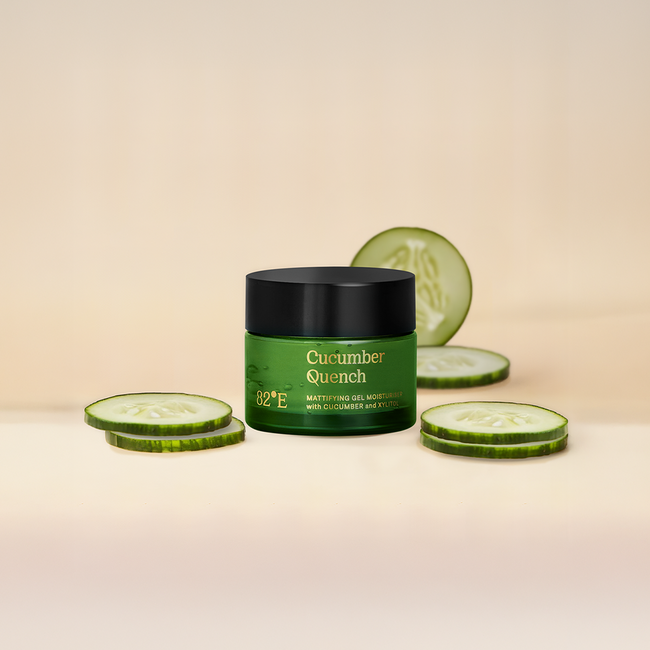
With increasing awareness of skincare and skin health, there is no dearth of skincare products for different skin types today. But any skincare routine is adequately effective only when we assign equal importance to our internal processes – our food consumption patterns and nutritional intake.
Oily skin is a common skin type triggered by excessive sebum secretion by the body’s sebaceous glands, causing skin pores to enlarge more than required and leading to the accumulation of dust, oil, and dead skin cells in these pores. People with oily skin are typically prone to whiteheads, blackheads, and acne. While oily skin may stem from genetic factors, factors like harsh climatic conditions and an unhealthy diet can aggravate the condition and reduce the effectiveness of your skincare routine for oily skin. So, read on as we discuss the significance of diet for managing this skin type and provide some food and nutrition tips you should consider alongside your regular skincare routine.
What is Oily Skin?
Oily skin is a skin type characterized by an overproduction of sebum, a natural oil produced by the sebaceous glands in the skin. Sebum is essential for maintaining skin hydration and protecting it from environmental factors. However, when the sebaceous glands produce an excessive amount of sebum, it can lead to oily skin.
This is typically characterized by excessive shine on the T-zone (forehead, nose, and chin), enlarged pores, and acne and blemishes. Oily skin can be influenced by various factors, including genetics, hormones, diet, and skincare habits. Hormonal changes, such as those that occur during puberty, menstruation, or pregnancy, can significantly impact sebum production and contribute to oily skin.
A consistent skincare routine for oily skin typically includes products specifically designed for this skin type. These products can help control oil production, minimize shine, and reduce the risk of breakouts. Additionally, lifestyle factors like a balanced diet, proper hydration, and stress management can play a role in managing oily skin.
Research studies have demonstrated direct associations between the food we eat and our skin health, and the consequent importance of diet and lifestyle in controlling oily skin.
Certain foods and food groups have been classified as “trigger foods,” which can worsen one’s skin problems and prevent the epidermis and dermis from functioning optimally. With regard to oily skin, some of these trigger foods may increase sebum production and aggravate related skin problems.
Thus, a healthy diet works in tandem with external skincare best practices to aid in managing oily skin.
What to Include in Your Diet
Avocados
These fruits are trending among the health-conscious circles for good reason. Avocados comprise 71% monounsaturated fatty acids and 13% polyunsaturated fatty acids, which play a crucial role in preventing excessive sebum secretion. A layer of avocado on toast is a great breakfast to begin your day with.
Fatty Fish
Omega-3 fatty acids also play an integral role in controlling sebum production and helping manage oily skin better. Fatty or oily fish, such as salmon, tuna, mackerel, and herring, are packed with omega-3 fatty acids and should be a part of your diet if you have oily skin.
Citrus Fruits
Citrus fruits like oranges, grapefruit, lemon, and key lime do more than enhance the taste of juices and fruit salad bowls. These tangy delights are excellent sources of vitamin C, which works wonders in ridding the skin of excessive oil accumulation. It also protects the skin against the development of acne, which is particularly prevalent among people with the “oily” skin type. So, squeeze in some fresh orange juice for your breakfast, include citrus fruits in your fruit salads, or enjoy them as is – but ensure to have them regularly while managing oily skin.
Watermelon
Water accounts for 92% of a watermelon’s constituents, making it one of the best thirst quenchers, not only for your throat but also for the skin. This low-calorie fruit is additionally rich in fiber, antioxidants, and vitamin C, which help flush out excessive oil from the skin and facilitate its hydration and nourishment.
Cucumber
About 96% of a cucumber consists of water, which is the highest water content in any food. Besides being included as an active ingredient in moisturizers and other skincare products suited to oily skin, its intake is recommended to reduce acne, keep the skin hydrated, and prevent an excessively oily skin texture.
Broccoli
Loaded with vitamins A and C and antioxidants, broccoli is among the superfoods that control overly active sebaceous glands among people with oily skin. Moreover, it is packed with fiber content and acts as a fuel for good bacteria in the gut, improving digestion and helping clear the skin of acne. It is best to have broccoli sauteed or boiled – avoid raw broccoli, as it may be difficult to digest and can cause bloating.
What Foods to Avoid
Now that we have discussed the best foods to manage oily skin, it’s time to consider the other side or foods you should avoid if your skin type is oily.
Red Meat
Red meat contains extremely high concentrations of fat, which can increase skin inflammation and aggravate acne and other problems related to oily skin. It is best to replace red meat with lean meat sources like poultry to avoid inflammation while ensuring protein intake.
Fries and Foods High in Salt Content
Studies have demonstrated associations between the intake of salty food and the development of acne. Salt in general can irritate the skin and trigger breakouts. Although it is not possible to eliminate salt from one’s diet, the best bet is to limit the intake of excessively salted foods such as French fries while dealing with oily skin.
Spicy foods
Spicy foods are not easily digestible and can increase heat and inflammation in the body, worsening acne development, particularly for those already at risk. Since oily skin is highly susceptible to acne, spicy foods can worsen the condition. Therefore, people with oily skin should strictly limit or avoid spicy foods, opting for mildly spiced alternatives.
Managing oily skin may initially seem challenging, with frequent oil secretions and the need to cleanse one’s face more frequently than persons with other skin types. On the bright side, a skincare routine specific to oily skin, coupled with a healthy diet and lifestyle, can help prevent acne and related skin problems and control excessive sebum secretion. A systematic Cleanse, Hydrate, Protect skincare routine incorporating a mattifying cleanser, a revitalizing toner, a hydrating moisturizer, and an oil-balancing sunscreen can help reduce oily skin problems like acne, whiteheads, and blackheads. In addition, it is important to have a balanced, nutrient-rich diet and stay hydrated to alleviate these issues and nourish your skin.
